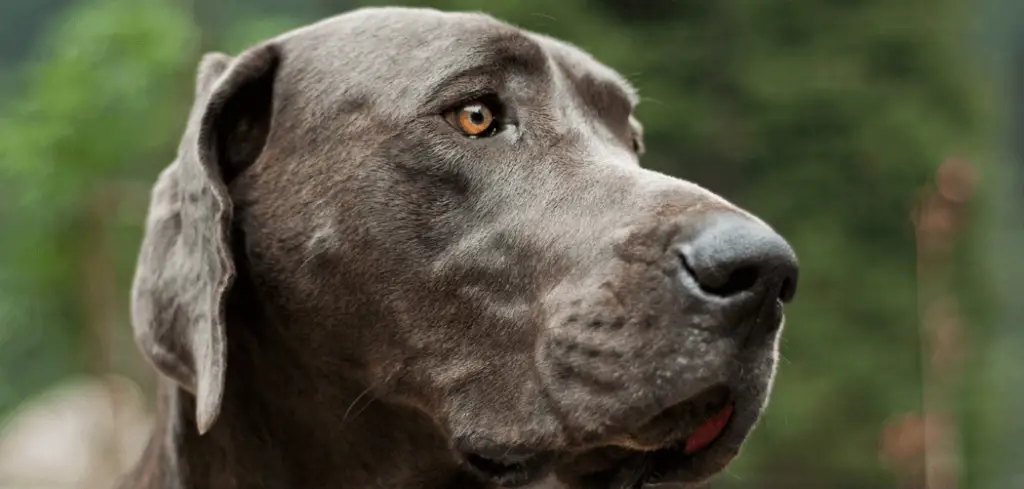When a dog has mucus in their poop after being spayed, it can be worrying for any pet owner. While spay surgery is routine, it does place stress on a dog’s body, and digestive changes are not uncommon.
Sometimes, mucus in the stool may be a short-term issue, but it can also signal complications that need veterinary attention.
We outline the common causes of mucus in a dog’s poop after spay surgery, what you can do at home, and when to seek veterinary help.
Table of Contents
Mucus in Dog Poop After Spay — Why It Happens
Mucus in dog poop after a spay procedure is often linked to temporary digestive upset. Anesthesia, pain medications, antibiotics, and stress from surgery can all disrupt the gastrointestinal tract. In some cases, irritation, dietary changes, or even infection can play a role.
While some dogs recover quickly, others may show persistent signs that need careful monitoring.

Mucus in Dog Poop After Spay: Common Causes
Post-Surgery Stress and Anxiety
Surgery is a major event for a dog, and the stress of hospitalization, anesthesia, and recovery can upset the gut.
Stress can trigger inflammation in the intestines, leading to mucus-coated stools. You might also notice softer stools, a decreased appetite, or restlessness as your dog adjusts after the procedure.
Read more: Mucus in Dog Poop After Vaccine (When is it normal and when to worry?)
Anesthesia and Medications
Anesthesia affects the digestive system by slowing bowel movements, which can lead to irritation in the colon.
Pain medications and antibiotics commonly prescribed after spay surgery can also disrupt the natural gut bacteria.
This imbalance may cause mucus production as the body tries to soothe irritation. Dogs may also experience temporary constipation or diarrhea during recovery.
Dietary Changes After Surgery
Many dogs eat less or skip meals in the days following surgery. Others may be fed bland diets like rice and chicken instead of their normal food.
Sudden dietary changes can disrupt digestion, leading to mucus in the stool. The colon produces mucus as a protective mechanism when food or bowel movements are not normal.
Mild Inflammation of the Colon (Colitis)
Colitis can develop after surgery due to stress, medication, or diet shifts.
This inflammation leads to excessive mucus production, sometimes accompanied by diarrhea or straining to pass stool.
Colitis after spay surgery is usually temporary but can become more serious if symptoms persist or worsen.
Infection or Surgical Complications
Although less common, mucus in the stool can be a sign of infection or complications after a spay.
If bacteria spread from the surgical site or if the immune system is weakened, the gut may react with inflammation and mucus.
Warning signs can include blood in the stool, vomiting, fever, or lethargy. In these cases, prompt veterinary evaluation is essential.
Reaction to Antibiotics
Some dogs are given antibiotics as part of their post-surgery care. While helpful in preventing infection, antibiotics can also upset the natural balance of bacteria in the intestines.
This imbalance may lead to loose stools or mucus production as the body tries to restore normal gut function.
What to Do If Your Dog Has Mucus in Their Poop After Spay
If your dog develops mucus in their stool after spay surgery, keep a close eye on their recovery. Make sure they are eating small, easy-to-digest meals and drinking water to stay hydrated.
Rest is vital, so provide a calm space where they can recover without stress or overexertion.
You can also speak with your vet about supportive care, such as probiotics, which may help restore healthy gut bacteria.
Avoid introducing new foods or treats during recovery, as these can worsen digestive upset. Gentle encouragement to walk short distances can also help stimulate normal digestion.
Most importantly, remain patient. Many dogs experience mild stool changes after surgery, and these usually improve within a few days. However, persistence or worsening symptoms require closer evaluation.
When to Call or Visit Your Vet
Contact your vet right away if your dog shows ongoing or severe signs alongside mucus in their poop. Warning signs include:
Blood in the stool
Vomiting or refusing to eat
Signs of abdominal pain (whining, hunched posture)
Fever, shaking, or lethargy
Severe diarrhea that does not improve
These symptoms may point to infection, post-surgery complications, or other serious conditions. Timely veterinary attention ensures your dog receives the right care and recovers smoothly.
Read more: Mucus in Dog Poop After Eating Bone (What it means)
Key Takeaway
Mucus in dog poop after spay is usually caused by stress, anesthesia, medication, or dietary changes.
In many cases, it resolves on its own as the digestive system returns to normal. However, persistent or severe symptoms should not be ignored.
Keeping a close watch on your dog’s recovery and contacting your vet if concerning signs develop will help ensure a safe and smooth healing process.
